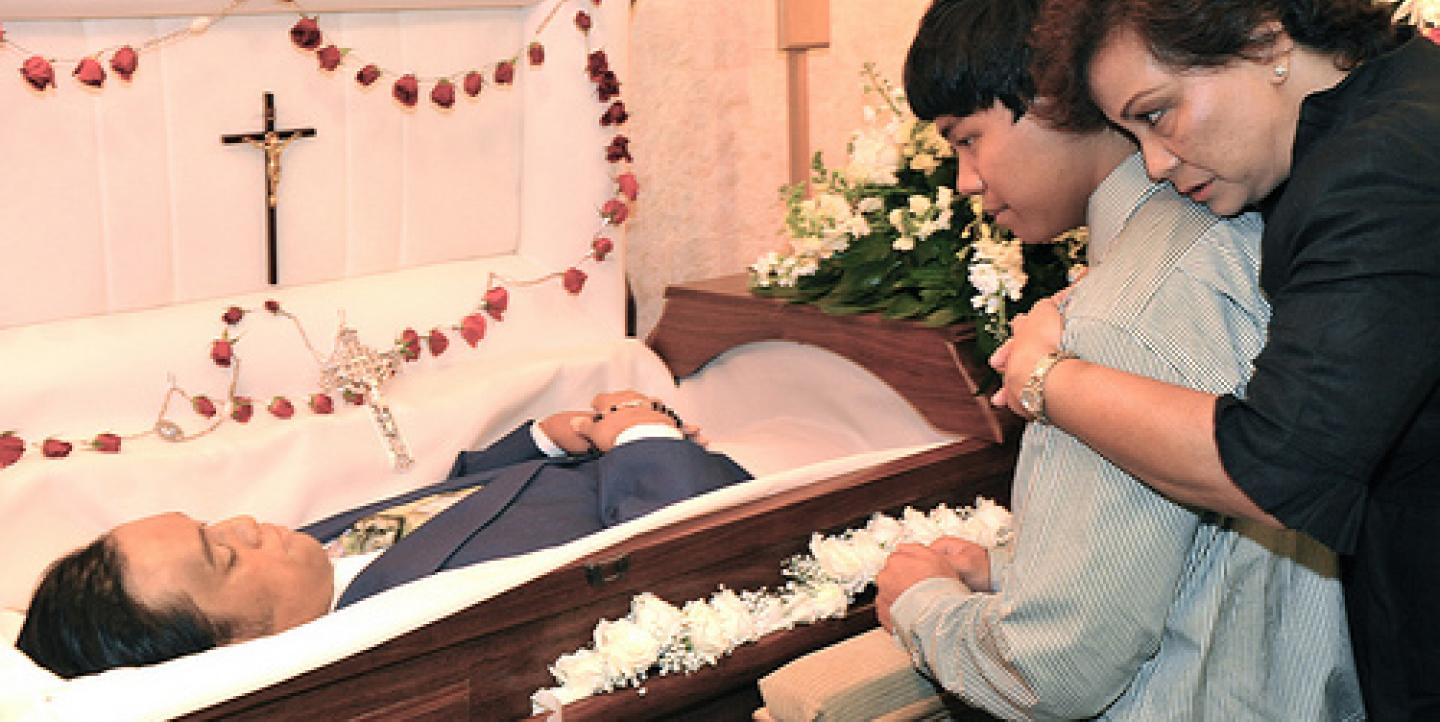Reporters tasked with interviewing people in grief after a tragedy must use a skill set that extends beyond basic fact-gathering.
Approaching a grieving source requires tact, sensitivity and compassion. In a recent post on the BBC College of Journalism blog, Brunel University professor Sarah Niblock offers tips for journalists on how to conduct these interviews. She uses examples from a BBC Radio 5 Live Breakfast clip in which reporter Rachel Burden interviews a father about the presumed death of his 12-year-old son.
Here are IJNet's takeaways:
Don't identify
In the interview, the reporter thanks the father--Stephen Barnes--for speaking with her at such a traumatic time, but does not claim to understand his pain. "At no point does she fall into the glib trap of saying she knows how the family feels: you can't, and it's churlish and insincere to get personally involved," Niblock writes. "Professional boundaries are appropriate, rather than faux identifications."
Be patient
While reporters may be inclined to fill in silences with questions, it's important to let the interviewee talk at his or her desired pace. "Burden allows Barnes time to speak, with no interruptions. Never rush your interviews when someone has so generously allowed you into their most private moment," Niblock says. "Allow people time to articulate their feelings, and thank them for the privilege."
Forgo the facts
Twice, Nibock says, "Burden asks Barnes to act as a journalist rather than an interviewee: 'What is the latest news you have for us in the search for Pierre?' and 'Remind us of what happened that day when he went missing?'" Instead, she says, Burden could ask him to describe his son rather than ask for facts that were available elsewhere.
Avoid exploitation
Before conducting an interview, a journalist should consider whether it accomplishes anything, or whether it takes advantage of the bereaved person. In the case of Burden's interview, Niblock believes it may not have been justified. "Had this been a local newspaper, an interview might have been a fitting tribute to the boy and served as a public conduit for the family to say once and for all what happened and how they felt," Niblock says. "But in the context of national radio, it served 'to interest the public' rather than the 'public interest.' "
Photo CC-licensed, courtesy of Emilio Labrador on Flickr

